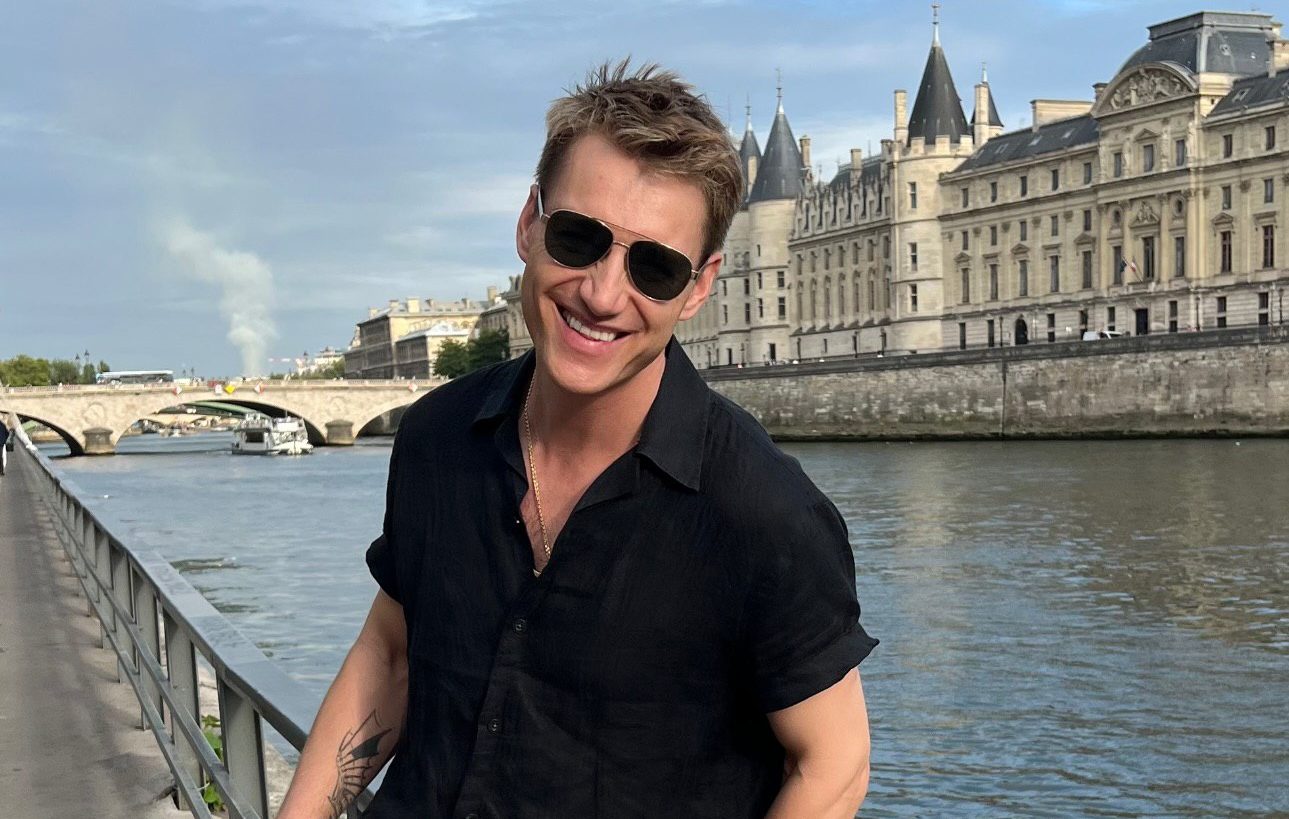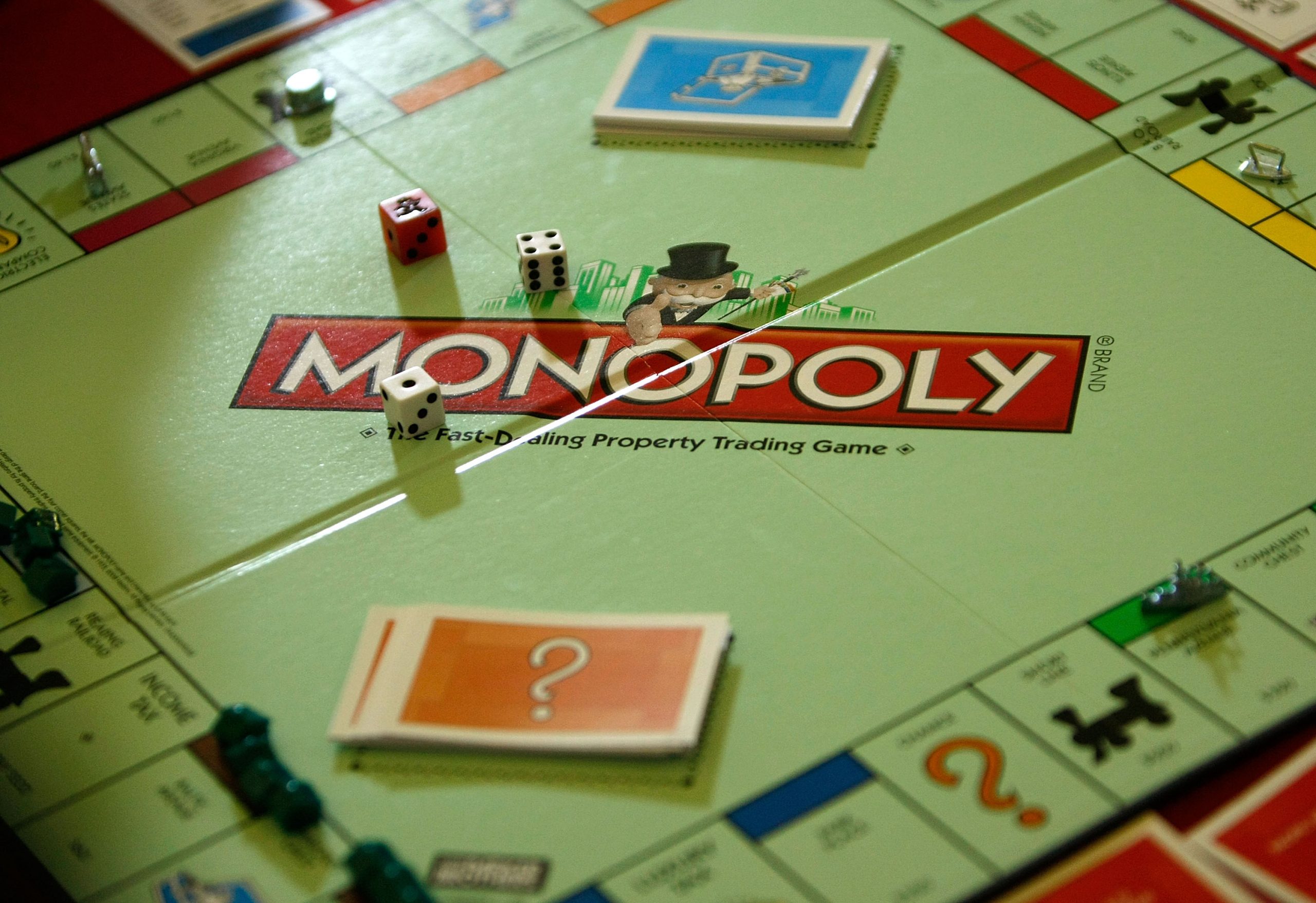As the voting window for the Oscar shortlists approaches, Academy members consider Kaouther Ben Hania’s film Four daughters not just one, but two categories: Best Documentary And Best International Film.
In August, Tunisia selected Ben Hania’s documentary as an official entry for International Film. This is the third time the director has been selected for this award, following Ben Hania’s 2017 documentary. The beauty and the dogs and 2020 The man who sold his skin, which subsequently received an Oscar nomination. Both previous films were narrative dramas and contained dramatic elements Four daughters: Ben Hania hired three actresses to participate in her documentary.
Four daughters tells the story of Olfa, a Tunisian worker who raised four girls: Ghofrane, Rahma, Eya and Tayssir. After the Arab Spring led to the overthrow of the Tunisian dictator in 2011, Islamic fundamentalism increased in the country. Olfa’s eldest – teenagers Ghofrane and Rahma – were swept up in religious zeal and disappeared in 2015. Only later did it emerge that they had joined ISIS in Libya and married militant leaders.
The case attracted enormous attention in Tunisia and elsewhere (not least because of the beauty of Olfa’s daughters; in the film, Muslim men are heard fawning over Ghofrane after she dons fundamentalist clothing, her dark eyes neatly framed by the black niqab ).
“Olfa gave television and radio interviews to tell her daughters’ stories. I heard an interview with her on the radio and thought, ‘I want to make a film about this,'” recalls Ben Hania. “I contacted the journalist and he gave me her number. It was like an impulse.”

That was in 2016. The director says that over the next few years she developed a close relationship with Olfa, Eya and Tayssir, but struggled with how best to document their experiences.
“At first I thought I would do it, I don’t know if I can call it a simple documentary, but a kind of ‘fly on the wall’ documentary where Olfa and her two daughters are filmed in their home as they think about the two other daughters,” Ben Hania tells Deadline. “But I quickly realized—and this is why it took so many years for the project to come together—that I wouldn’t be able to achieve the multi-layered dimension of the story with this approach.”
She chose an approach more suited to her background in storytelling. “When you think of the past in classic documentaries, you think of re-enactments, and I hate re-enactments. So I said to myself, ‘It’s such a cliché, I’m going to break it,'” she recalls. “I use reenactment, but the way I want it and to serve the story.”

Ben Hania hired two young actresses to play the missing daughters and Hend Sabri, a star of Middle Eastern films, to play the captivating Olfa. The concept was not to fictionalize the story, but on the contrary: to use the methods and acting process to find out the truth of what the family experienced.
“I know that actors are very good at asking questions about the character,” explains Ben Hania. “So, I told myself, when the actors meet the real characters, they will face reality, ask and answer questions. The main idea was to use cinematic devices in the film to get a global vision, a more kaleidoscopic vision for such a complex subject, such a complex life, such complex characters.”

Instead of a traditional documentary talking head interview, we learn about Olfa and her daughters through her interactions with the actors.
“The idea was not only to evoke the past, to bring it to life, but also to question it,” says Ben Hania, “to ask the questions of Olfa and her daughter and give them the opportunity to think about it too. over.”
Olfa talks about how she grew up in poverty – how she became a weightlifter in her youth to fight against men who tried to sexually abuse her mother or sisters. She describes her struggle against her husband, who apparently viewed her as property, and her subsequent divorce from him. As a result, Olfa had to raise four girls alone.
In keeping with a culture that values the “purity” of girls and women, Olfa admits to constantly worrying that her daughters will become “whores” (a rather broad term that for her includes that flirtation with boys). When Ghofrane entered the Gothic phase as a teenager, Olfa beat the girl so hard with a broom that she thought she had killed her.

These harsh anecdotes do not endear Olfa to the woman who plays her: Sabri. In the film, Sabri tells Olfa to her face that she is upset about what she has done to her children.
“Hend is very rational. She says what she thinks and she told me: “I don’t like Olfa’s character,” says Ben Hania. “It was very interesting to see how they interact with each other and it was very useful for the film and to understand Olfa’s character better.”
This character, created in a male-dominated culture, must be seen in context, says Ben Hania.
“It is a film with women and they are strong women. Olfa is very strong. She has no respect for men. She is not the kind of woman who is afraid of a man,” notes Ben Hania. But ironically – perhaps tragic would be a better word – Olfa could not help but reflect the mentality in which she was raised. “She is like the guardian of the patriarchy. And there are such women, they uphold the patriarchal codes. We know that patriarchy exists everywhere in the world. We know that religions, and especially monotheistic religions, are deeply patriarchal. But there is also the shared culture of patriarchy, which is very, very old.”

The two youngest, Eya and Tayssir, are determined not to repeat their mother’s behavior. “When their daughters say they’re trying to stop this curse,” notes Ben Hania, “I think they’re talking about the patriarchy.”

Ben Hania attended the Cannes Film Festival with Olfa, her daughters Eya and Tayssir and the ensemble of actors Four daughters Premiere in competition. (Ghofrane and Rahma remain in prison in Libya, where they were arrested and charged with joining ISIS; Ghofrane raised a child behind bars).
Ben Hania says it was never her intention to create a separate fictionalized version of the family story. The re-enactments she filmed always served to capture the essence of the experience in non-fictional form.
“The main idea,” she says, “was that we would be involved in this process with the actresses and see what happens.”
Source: Deadline
Bernice Bonaparte is an author and entertainment journalist who writes for The Fashion Vibes. With a passion for pop culture and a talent for staying up-to-date on the latest entertainment news, Bernice has become a trusted source for information on the entertainment industry.





